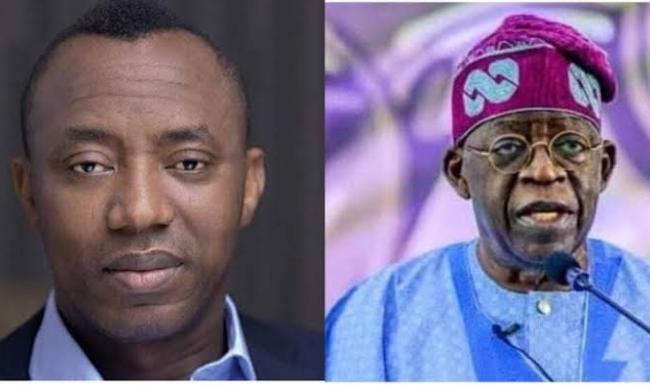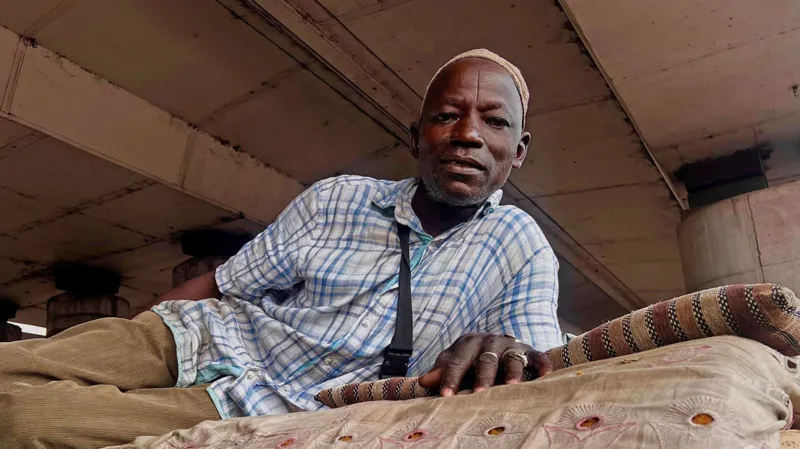BUSINESS DAY
In the world of business, success is often associated with formal education and prestigious degrees. However, some of the most influential and prosperous leaders have taken a different route, proving that determination, creativity, and relentless drive can outshine academic credentials.
In Africa, a continent rich with entrepreneurial spirit, several CEOs have risen to prominence by defying traditional paths, dropping out of school, and instead focusing on turning their innovative ideas into thriving businesses.
Here are six African CEOs who have achieved extraordinary success, not in spite of their lack of formal education, but perhaps because of it.
Johann Rupert – South Africa

Johann Rupert, a billionaire entrepreneur, is the chairman of the Swiss-based luxury goods company Richemont and the South African conglomerate Remgro. Raised in Stellenbosch, South Africa, Rupert was accepted into the University of Stellenbosch to study Economics and Company Law but chose to leave academia to pursue business opportunities. He honed his business skills through an apprenticeship in New York before returning to South Africa in 1979 to found Rand Merchant Bank, where he served as CEO. In the same year, he also launched the Small Business Development Corporation, which has since created over 600,000 jobs. Despite his lack of formal education, Rupert gained recognition for predicting the 2006 global economic crisis, earning the nickname “Rupert the Bear” from the Financial Times. His achievements were later honoured with honorary doctorates in Economics from Stellenbosch University in 2014 and in Commerce from Nelson Mandela University in 2008.As of 2024, Rupert ranks as the second wealthiest person in Africa according to Forbes.
Justin Stanford – South Africa

Justin, a tech-savvy entrepreneur, is one of South Africa’s leading investors by the age of 29. He began his business journey at 13, selling apple juice to classmates and later dropped out of high school, finding the classroom boring. At 18, he started his first company, inspired by Bill Gates, and although his initial internet security venture failed, he persisted. Justin eventually became the exclusive distributor of ESET antivirus software in South Africa, growing the business to operate in 20 Sub-Saharan countries with over $10 million in annual turnover, controlling 5% of Southern Africa’s antivirus market. Recognized in 2011 as one of Mail & Guardian’s ‘Top 200 Young South Africans,’ Justin now leads a successful IT empire.

Cosmas Maduka, the Chairman and CEO of the Coscharis Group, has a remarkable story of overcoming adversity to achieve billionaire status. Starting his entrepreneurial journey at the age of six, after his father’s death, Maduka dropped out of primary school to hawk Akara (beans cake) and support his mother. At 17, he was dismissed by his uncle, who had employed him as an automobile apprentice, and used the 200 Naira he received to co-found a spare parts company called CosDave with a friend. When that venture failed, he persevered and established Coscharis Motors in 1977 with just 300 Naira. His big break came in 1982 when Coscharis Motors was granted one of ten import licences for motor vehicles by the Nigerian government. Today, the Coscharis Group is a multimillion-dollar conglomerate, with Coscharis Motors serving as the exclusive distributor for BMW in Nigeria and expanding into various sectors. Maduka attributes his success to the values of commitment, humility, precision, and hard work, influenced by his early interactions with Japanese business practices.
Anas Sefrioui – Morocco

Anas Sefrioui is a prominent real estate magnate and the CEO of Addoha Group. He dropped out of secondary school to assist his father, Haj Abdeslam Sefrioui, in creating a popular clay for body and hair care. This early experience provided him with valuable business skills and knowledge. In 1988, Sefrioui used his accumulated capital to establish his real estate development firm. His major breakthrough came in 1995 when he secured a contract to build over 2,000 subsidised homes, supported by the Moroccan government under King Hassan II. This success set the stage for further achievements, including the construction of additional public housing and cement plants across Africa. His innovative approaches to affordable housing have influenced real estate practices in the United Arab Emirates. Married with three children, Sefrioui was recognized as one of Africa’s most powerful business leaders in 2012.
Ashish J. Thakkar – Uganda

Ashish J. Thakkar, a prominent East African entrepreneur, founded the Mara Group at just 15 years old after dropping out of school to pursue business. Initially, he borrowed $5,000 and focused on importing and selling IT hardware, frequently travelling between Dubai and Uganda to source and distribute computer parts. His early business, characterised by his frequent trips to Dubai with a suitcase full of IT goods, laid the foundation for his future success. By 1996, Thakkar established Mara Group, which has grown into a vast multi-sector conglomerate operating in 26 countries across four continents. The group’s diverse portfolio includes IT services, business process outsourcing, agriculture, real estate, and more. Thakkar’s ventures have garnered international acclaim, leading to his recognition as a World Economic Forum Global Young Leader and earning accolades such as Esquire’s Middle East Man of the Year in 2016. His commitment to entrepreneurship extends beyond business, with initiatives like the Mara Foundation, which supports young African entrepreneurs, and his role in founding Atlas Mara, a company focused on commercial banking in Africa.
Said Salim Bakhresa – Tanzania

Said Bakhresa, a reclusive yet influential Tanzanian business tycoon, founded the Bakhresa Group of Companies, which stands as Tanzania’s largest conglomerate. Bakhresa’s journey began at age 14 when he dropped out of school to sell potato mix. His early ventures included operating a restaurant in the 1970s and later delving into grain milling. Over three decades, Bakhresa transformed his humble beginnings into a business empire that spans multiple sectors, including confectioneries, frozen foods, drinks, and packaging. His Azam brand, renowned for its chocolate and ice cream, has a daily production capacity of 2,100 metric tons and reported $800 million in sales in 2011. The group also operates Azam Marine, which provides ferry services to international tourists. Employing over 2,000 people, the Bakhresa Group is the largest milling company in East Africa, with operations extending beyond Tanzania into five other countries. Bakhresa’s commitment to improving workplace health includes efforts to combat malaria, significantly reducing healthcare costs for his employees.
THIS STORY FIRST APPEARED IN BUSINESS DAY



Connect with us on our socials: